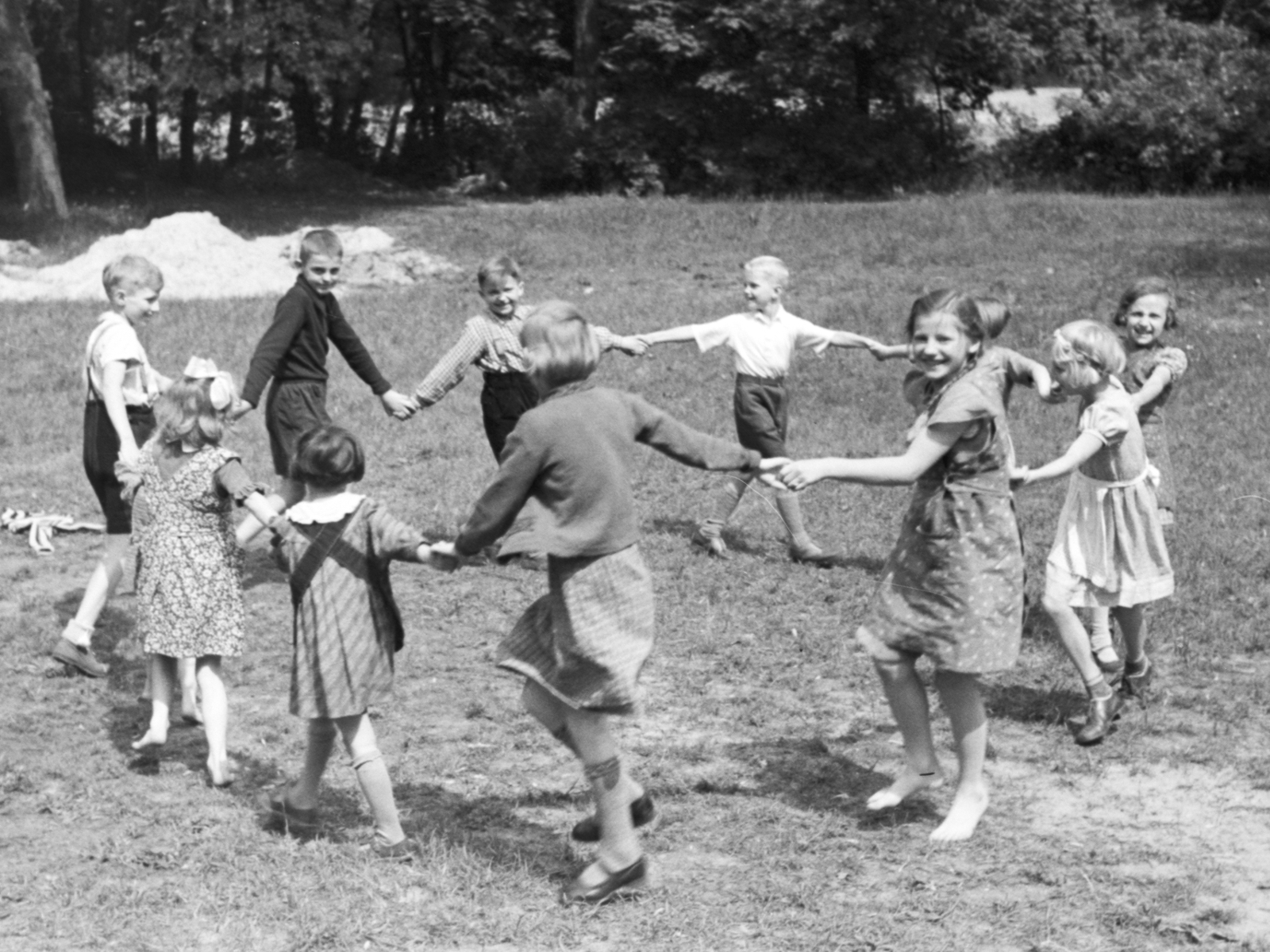For some kids, back to school could mean back to bullying: Though many children are looking forward to being able to socialize, play and learn in person, having large groups of children in close proximity every day puts your child at risk of being bullied.
To set things straight, what exactly is bullying/cyberbullying? Bullying does not always mean physical violence; it can range from verbal aggression to social exclusion and can have dire consequences on a child’s well-being. More often than not, bullying is repeated on a daily basis. This is especially true when the aggression is carried out online (i.e. cyberbullying); it becomes permanent as hurtful posts and comments can’t be erased and are open for everyone to see.
Why do kids bully each other? Bullying has a variety of causes including attention-seeking, jealousy, lack of emotional and psychological security and/or the pursuit of popularity. Bullies have often been victims of bullying themselves and are looking to climb the social ladder by pushing others down.
But surely it’s not that common, right? Unfortunately, bullying is very common in schools all around the world. A third of school children have reported experiencing bullying, according to Unesco. Furthermore, the numbers in Egypt seem to be way higher with 70% of children aged 13-15 being victims of bullying, Hala Abu Khatwa, head of communication at Unicef Egypt, told Egypt Today.
So how can it be prevented? Having an open and an honest conversation with your child about bullying is essential. First, talk to them to make sure they understand what bullying is. Second, try to be a role model by showing kindness and respect to your child and to people around you. Third, tell them to speak up if they witness bullying; if your child stands up for someone, the person he/she helped is more likely to do the same for them. Finally, talk to your child’s school to see if they have anti-bullying measures in place; if not, you could suggest that they hire a child psychologist to help bullies and victims, for example.
Is my child being bullied? To find out if your child is having problems at school, daily communication is key. You can start by telling them about your day before asking about theirs. It is also very important to listen to what they have to say without assigning blame or jumping to conclusions. and always be open to conversation. Furthermore, try to look for physical or emotional signs. Bullied children may be reluctant to go to school or join school events, and may become unusually secretive, Unicef says. With children using electronic devices and social media at ever-younger ages nowadays, you may also want to consider monitoring your kids’ online activities to make sure they’re not suffering from cyberbullying.
I found out my child is being bullied, what do I do? Be there for your child, but don’t take on their problems as your own; stepping into the playground and confronting the bully yourself will only make your child want to avoid talking to you about their problems. Instead, try contacting teachers to ask them to keep an eye on your child; most bullies don’t bully in front of teachers. In case of cyberbullying, block and report the people that are bullying your child online. You can also teach your child to confront bullies by building up their self-confidence and practicing replies to the bully’s attacks at home. It is also very important for your child to have someone to talk to for them to cope with the bullying. If your child doesn’t open up to you, try to get him/her to do so with someone else such as another family member or even a child psychologist.
Egyptian anti-bullying initiatives that may help: Advice seekers— founded in 2014 by Mostafa Ashraf following his friend’s suicide due to bullying — posts educational videos about bullying. Unicef Egypt also has additional resources and information that could help.




